FCL News Channel
All stories that have been tagged with Publications
Vertical Cities: Emergent movement and use patterns in dense vertically integrated urban spaces
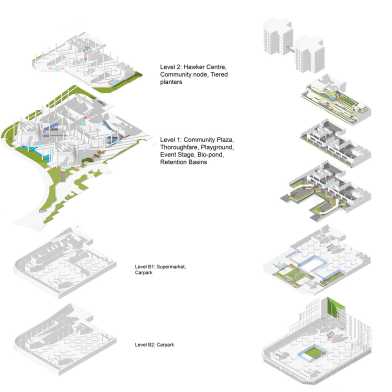
This FCL Global-led paper uses Kampung Admiralty as a case study to explore the user-space interactions in complex and vertically integrated urban built environments, for effective future planning and design.
Network science-based analysis of urban green spaces in Singapore
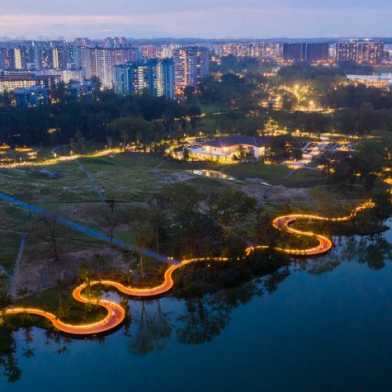
Using Spatial Network Analysis, FCL Global researchers investigate the spatial configuration of urban green spaces on pedestrian movement at one-north Park and Jurong Lakeside Garden.
Not just a walk in the park

Anjanaa Devi Srikanth of FCL Global uses Spatial Network Analysis and empirical pedestrian movement datasets to study pedestrian movement patterns in one-north Park in Singapore.
Understanding mixed-use zoning types in Singapore through Google Maps data
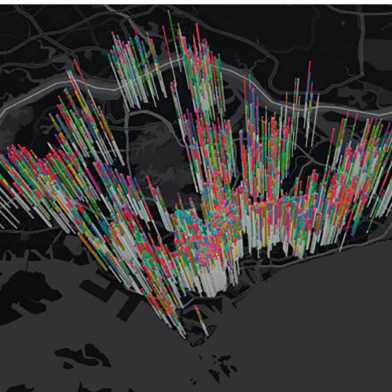
FCL researchers publish a method to define representative archetypes of mixed use developments in Singapore, to improve the accuracy of urban data analyses and simulations.
Bigger and better?: A multi-disciplinary perspective of mega-events
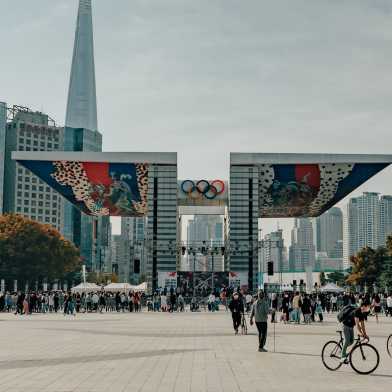
Hot off the press: a new book co-edited by FCL Global PI Asst Prof. Dr Naomi Hanakata examines the urban and social changes caused by mega-events.
What makes places more walkable? A virtual reality experiment may have the answers to that
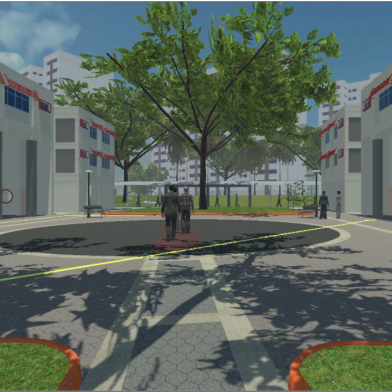
FCL researchers ran a virtual reality simulation to study how environmental features contribute to walkability
Making the 'City in Nature' a reality

To balance high-density and high-quality urban living, different perspectives have emerged in Singapore in creating a resilient city, says Dr Srilalitha Gopalakrishnan.
Mycelium-bound biocomposites as potential sustainable particleboards
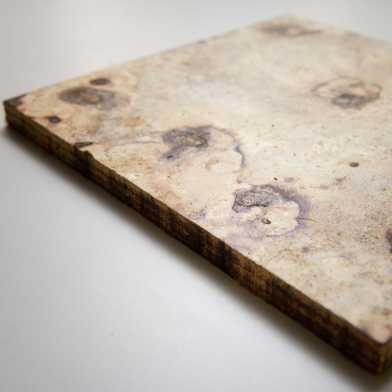
FCL researchers propose dense mycelium-based composites (DMCs) as a potential green alternative to traditional particleboards in their paper in Nature.
Design framework for urban landscapes through point cloud modelling
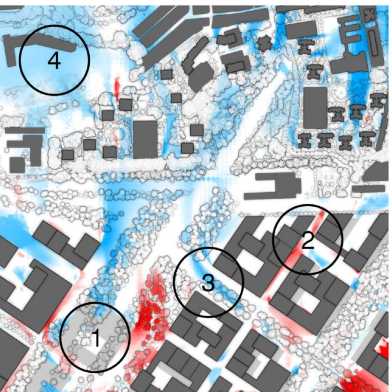
Integrating CFD simulation into urban design could help us achieve optimal configuration of urban elements to maximise the provision of ecosystem services.
Leveraging spatial data for pandemic-resilient cities
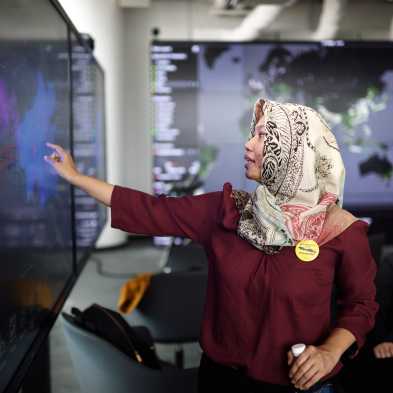
A manual developed by FCL, based on a study in Makassar in Indonesia, serves as a guide in using spatial pandemic-related data to build pandemic resilience in cities.
Healthy soils for urban sustainability
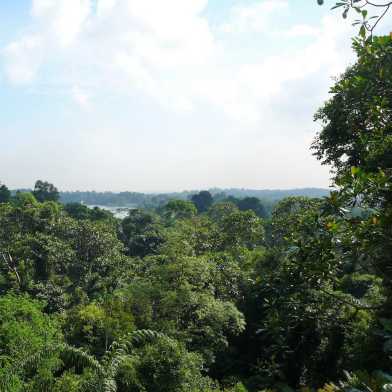
Healthy soils are important for urban sustainability by supporting flood regulation, nutrient cycling and carbon sequestration. FCL researchers investigate how these capacities can be maximised.
Urban Parks: Tools to keep you Cool
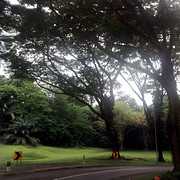
To address the Urban Heat Island effect, FCL researchers use a three-dimensional urban microclimate model using OpenFOAM software to show how urban parks provide a cooling effect of 1°C on air temperatures.
A new look at civic design through park systems

The history of park systems could provide important insights for civic design in an era when urban design is mainly focused on the industrial agenda, wrote Dr Matthew Skjonsberg.
Universal law to predict human mobility

Nature: Using large-scale mobility data from diverse cities around the globe, a simple and robust scaling law that captures the temporal and spatial range of population movement is revealed.
Developing a virtual model to replicate a real-world wayfinding study
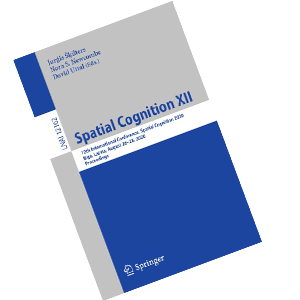
What are the challenges of translating real-world conditions of complex and large-scale buildings into virtual reality simulations? FCL researchers report the challenges and suggest solutions in this book chapter.
Impact of occupant diversity on energy demand
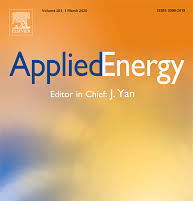
The diversity of commercial building occupants' profiles should be taken into account in district energy demand and supply models for improved accuracy, wrote FCL researchers in a paper.
Assessing methods for estimating leaf area density and index

Researchers from FCL evaluate three indirect field methods for estimating the leaf area density (LAD) and leaf area index (LAI) of widely-dispersed individual trees.
Impact of urban densification on ecosystem services
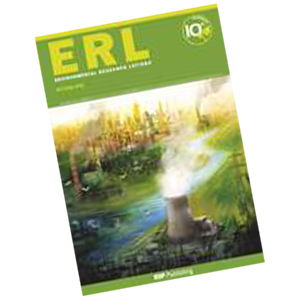
Researchers from the Future Cities Laboratory investigate the relationships between urban forms and ecosystem services in the tropical city of Singapore and temperate city of Zurich.
Benefits of tropical urban vegetation
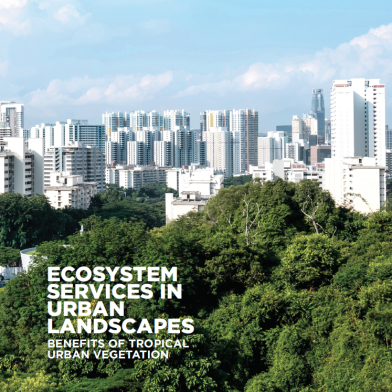
The Ecosystem Services in Urban Landscapes team has published their research findings, providing insights to how tropical cities can maximise the benefits from nature.
Stakeholder engagement in land use modelling
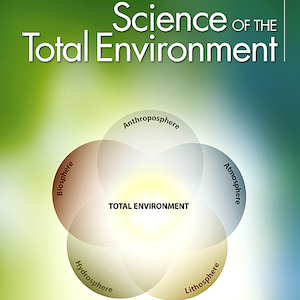
Eduardo Gomes, Asst Prof (Adj) Markus Schlaepfer and co-authors describe how stakeholders can directly be engaged in the modelling and simulation process of future land developments.
Measuring public space quality
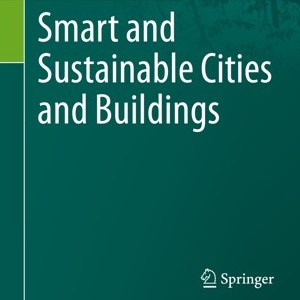
How can we evaluate the quality of public space quantitatively? Researchers from FCL and FRS introduce the Public Space Quality Index (PSQI), a framework to measure public space quality.
Augmenting reality in urban design and planning
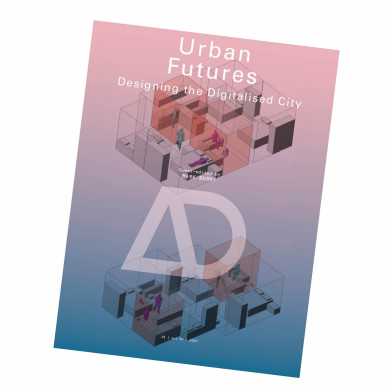
Prof. Bige Tuncer describes how big data and its augmented‐reality projections can be used to facilitate better urban design strategies and understanding in a paper in Architectural Design.
Demographic biases in nature engagement
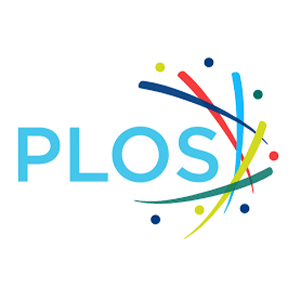
What are the relationships between the age, sex, and income of city dwellers and their interaction with nature? Researchers from FCL investigate demographic biases in nature engagement in Singapore.
Cooling effect of different vegetation
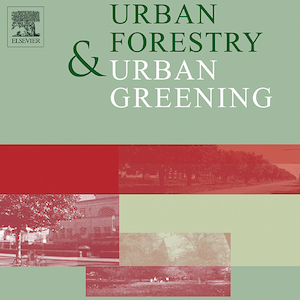
How does the cooling effect of urban areas vary with the usage of different vegetation types? Dr Daniel Richards and co-authors investigate more in the paper published in Urban Forestry and Urban Greening.
Designing signage systems more efficiently
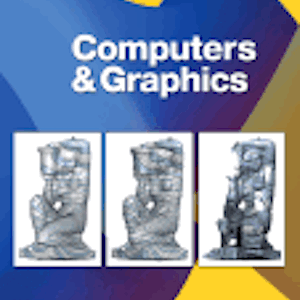
How can we design signage systems in complex buildings more efficiently? Rohit K. Dubey and co-authors developed the design tool, AUTOSIGN and published their work in Computer & Graphics .
Social media: Tool to study humans in nature

Can data from social media help us understand how different groups of people enjoy outdoor recreation and interact with nature within cities?
Facilitating wayfinding with signage systems
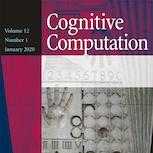
How can information theory help us to design signage systems to improve wayfinding performance and user experience? Find out in the paper by Rohit Dubey and co-authors published in Cognitive Computation.
Dense+Green Cities
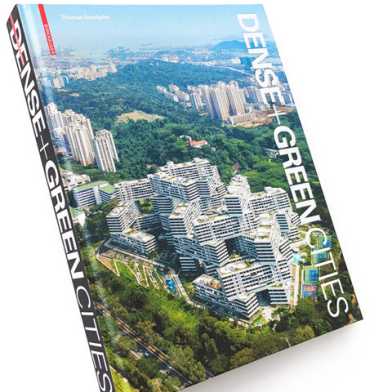
Explore the interaction between buildings and the city as ecological systems in this book by the Dense and Green Building Typologies team at FCL.